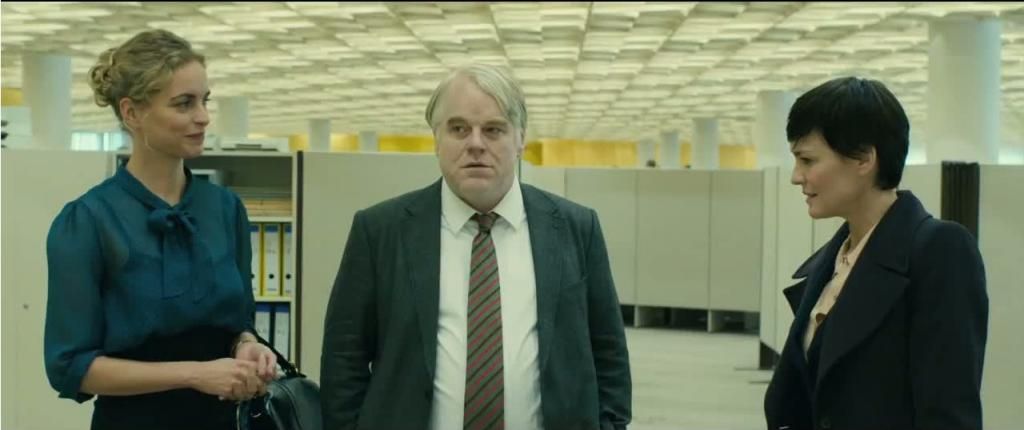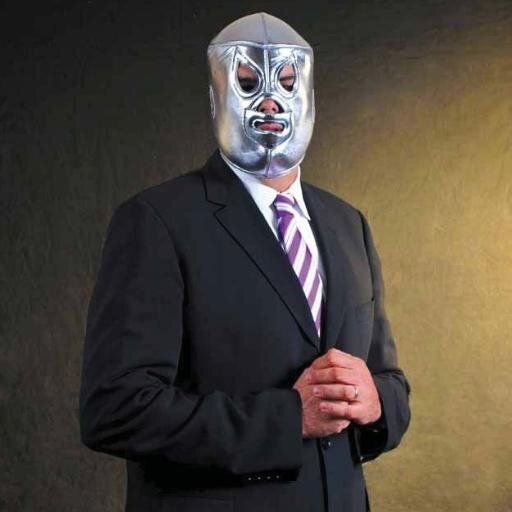This is a crass discussion of making money through investments, by a blogger who not infrequently natters on about spiritual growth. If you think the two subjects have nothing to do with one another, you are an Enlightened Being or a trust fund baby.
Money can't buy happiness, but to a certain extent it can buy time. Not necessarily by lengthening your lifespan (although sometimes it is a factor there), but by allowing you more often to put aside worries about getting and spending and instead meditating, praying, or following whatever spiritual practice you choose.
This is the moment that comes each year when the financial media -- all the way from relatively sophisticated ones like Barron's to simplistic fodder for the masses like Money -- try to tell you (a) what happened to investments this past year and (b) what will happen to them next year. Both are equally pointless.
But that's not too important. Subject (b) is important because it can set you on a wrong course and thin your purse.
Virtually all these articles are based on predictions. After many years of following the markets, I'm inclined to say nothing is as malevolent toward your wealth as predictions.
Everyone is in on the game, from callow financial journalists to supposedly all-star fund and hedge managers. The predictions are most often based on the trend-is-your-friend, or straight-line, fallacy: what will happen next is what is happening now, only more so.
But nothing is as dead sure in the investment world as trends changing, with mind-bending speed sometimes. Financial gurus who should know better tend to reduce investment trends to analogues of the laws of physics. On a macro level, at least, physical laws are calculable because they always work. Gravity doesn't change its mind. When you see a video of astronauts in a space capsule floating around like fish in a tank, it's not because gravity is on holiday, but because they are beyond its influence from the Earth.
Interest rates, the price of oil and other commodities, new technology, and every other factor affecting prices of your investments aren't subject to laws. Or, to be more precise, they're subject to so many laws that the variables are for practical purposes infinite.
Right now the investment world is bouncing off the walls trying to predict the fallout from oil prices, which have sunk 40 percent from their last high point. Petro prices have always been cyclical, although this time it's a little steep. But Howard Marks, who runs the hedge fund Oaktree Capital, tries to do the near-impossible and inject some good sense into the discussion (in a letter to his shareholders reproduced at Market Folly):
The usual starting point for forecasting something is its current level. Most forecasts extrapolate, perhaps making modest adjustments up or down. In other words, most forecasting is done incrementally, and few predictors contemplate order-of-magnitude changes. Thus I imagine that with Brent crude around $110 six months ago, the bulls were probably predicting $115 or $120 and the bears $105 or $100.
Forecasters usually stick too closely to the current level, and on those rare occasions when they call for change, they often underestimate the potential magnitude. Very few people predicted oil would decline significantly, and fewer still mentioned the possibility that we would see $60 within six months.And:
Turning to the second aspect of “the failure of imagination” and going beyond the inability of most people to imagine extreme outcomes, the current situation with oil also illustrates how difficult it is to understand the full range of potential ramifications.
Most people easily grasp the immediate impact of developments, but few understand the “second-order” consequences . . . as well as the third and fourth. When these latter factors come to be reflected in asset prices, this is often referred to as “contagion.”Everyone knew in 2007 that the sub-prime crisis would affect mortgage-backed securities and home builders, but it took until 2008 for them to worry equally about banks and the rest of the economy. ...
Further, it’s hard for most people to understand the self-correcting aspects of economic events.
o A decline in the price of gasoline induces people to drive more, increasing the demand for oil.o A decline in the price of oil negatively impacts the economics of drilling, reducing additions to supply.o A decline in the price of oil causes producers to cut production and leave oil in the ground to be sold later at higher prices.
In all these ways, lower prices either increase the demand for oil or reduce the supply, causing the price of oil to rise (all else being equal). In other words, lower oil prices – in and of themselves – eventually make for higher oil prices. This illustrates the dynamic nature of economics.If you can't foresee limitless factors weighing on the price of your holdings, or potential holdings, what can you do to tip the odds in your favor? I don't believe anyone has a perfect answer to that. The best I know of is to have a wide range of asset classes in your book. I'd also tend to avoid putting much money on individual companies, whose future is determined by even more unpredictable factors than market sectors.















